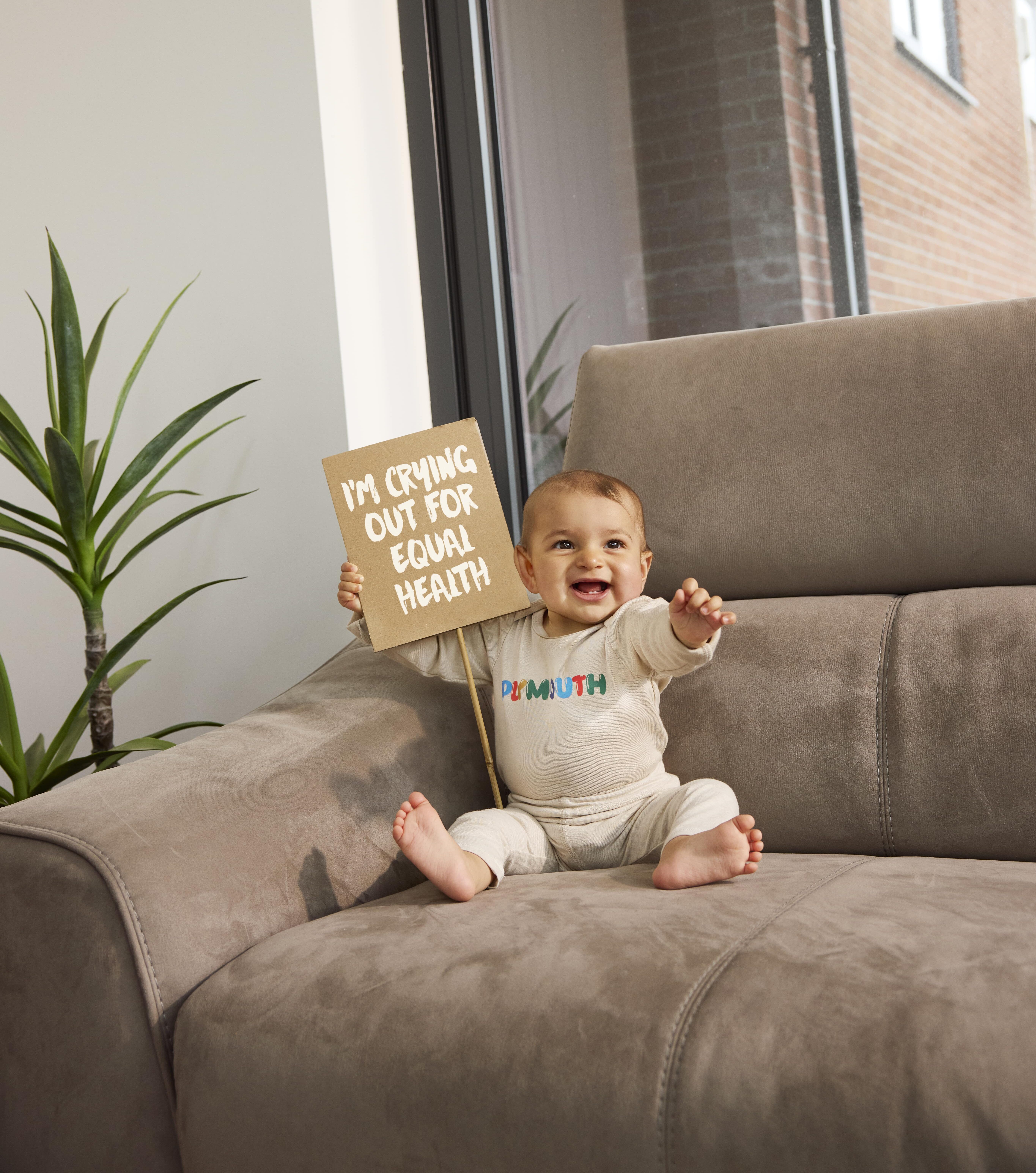MAKE HEALTH EQUAL IN THE SOUTH WEST

Discover the life expectancy in your area
The number of years a person can expect to live is affected by many things, from good-quality homes, to neighbourhoods with green space and clean air.
Discover the life expectancy where you live.
LIFE EXPECTANCY
The world around us shapes our health and wellbeing.
From quality homes that are warm and safe, to stable jobs, social connections, and neighbourhoods with green space and clean air, these are the building blocks that have a lasting and positive impact on people’s health, and reduce health inequalities.
In the South West and across the UK, these building blocks are not available to everyone, or not at the quality needed.
WE ASKED PEOPLE IN PLYMOUTH WHAT THEY THINK THE AVERAGE LIFE EXPECTANCY IN THEIR AREA IS, AND THE THINGS THAT CONTRIBUTE MOST TO THEIR HEALTH.
Find out what they said…
-
Football combating isolation and loneliness Deborah Ingram is a trustee of All Nations Ministries – a Plymouth-based charity established in 2001 which offers a range of activities and services for refugees and asylum seekers newly arrived in the city, aimed at promoting racial harmony and better social integration with the local community.
Its Football United project supports young people living in the Devonport and Stonehouse areas of Plymouth and aims to reduce fear and anxiety around negative portrayals of people from diverse cultures and ethnicities, to create a stronger, more integrated and respectful city.
Asked about the importance of the project for young people, Deborah said: ‘it contributes to their self-worth, and helps to combat long periods of loneliness and isolation as well as providing a chance to improve their level of English and confidence.’
-
Food Co-Ops promoting community action, financial security and independence, and education Kelly has been Plymouth’s Co-operative Food Organisation since November 2022, and has since set up 5 food Co-ops in and around Plymouth.
Plymouth’s food co-ops are tailored towards wider communities’ needs, promoting community action, financial security and independence, and education such as volunteer training. Food co-ops are non-for-profit groups, set up and run by their members, who collectively pool money together to buy food and additional supplies at an overall discounted rate. In Plymouth, co-operatives have supported members’ financial security during the cost-of-living crisis, with members saving up to 40% on their weekly food shop.
In the words of one Plymouth food co-op member: ‘it’s an opportunity for us to build community, get to know our neighbours and we save at least a third on our food shopping every week.’
-
Conservation projects fostering community while protecting nature Plymouth Environmental Action (PEA) is a practical nature conservation volunteering project, running since 2008, which aims to involve and inspire people to conserve the natural environment within their local community whilst having fun, gaining new skills, getting outside in the fresh air, and making new friends.
They are working with the housing association ‘Sovereign Network Group’ at one of their residential areas in Plymouth, to offer engaging activities for their senior residents and improve the outside spaces for both people and wildlife. They provide physical activity in an outdoor environment for volunteers, allowing residents who don’t normally spend time in the garden to connect with each other as well as well as benefit from the well-known effects of being outside in green spaces.
Let’s #MakeHealthEqual
Sign up to join our campaign network and receive updates on how you can help shape a society where each of us has the best chance of good health, no matter where we’re born.
Sign up to find out more about our campaigns and how you can help shape a society where each of us has the best chance of good health, no matter where we’re born.


